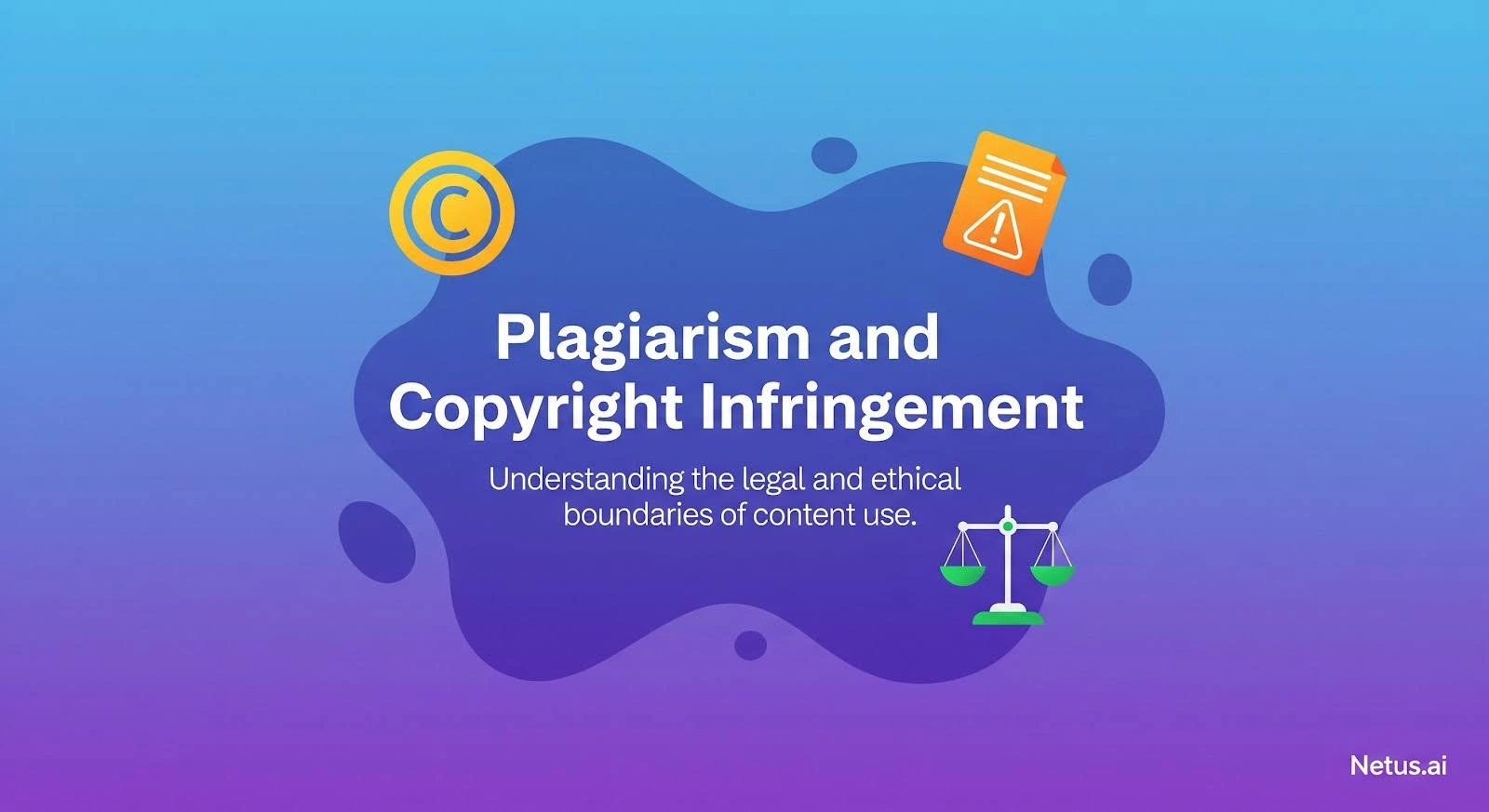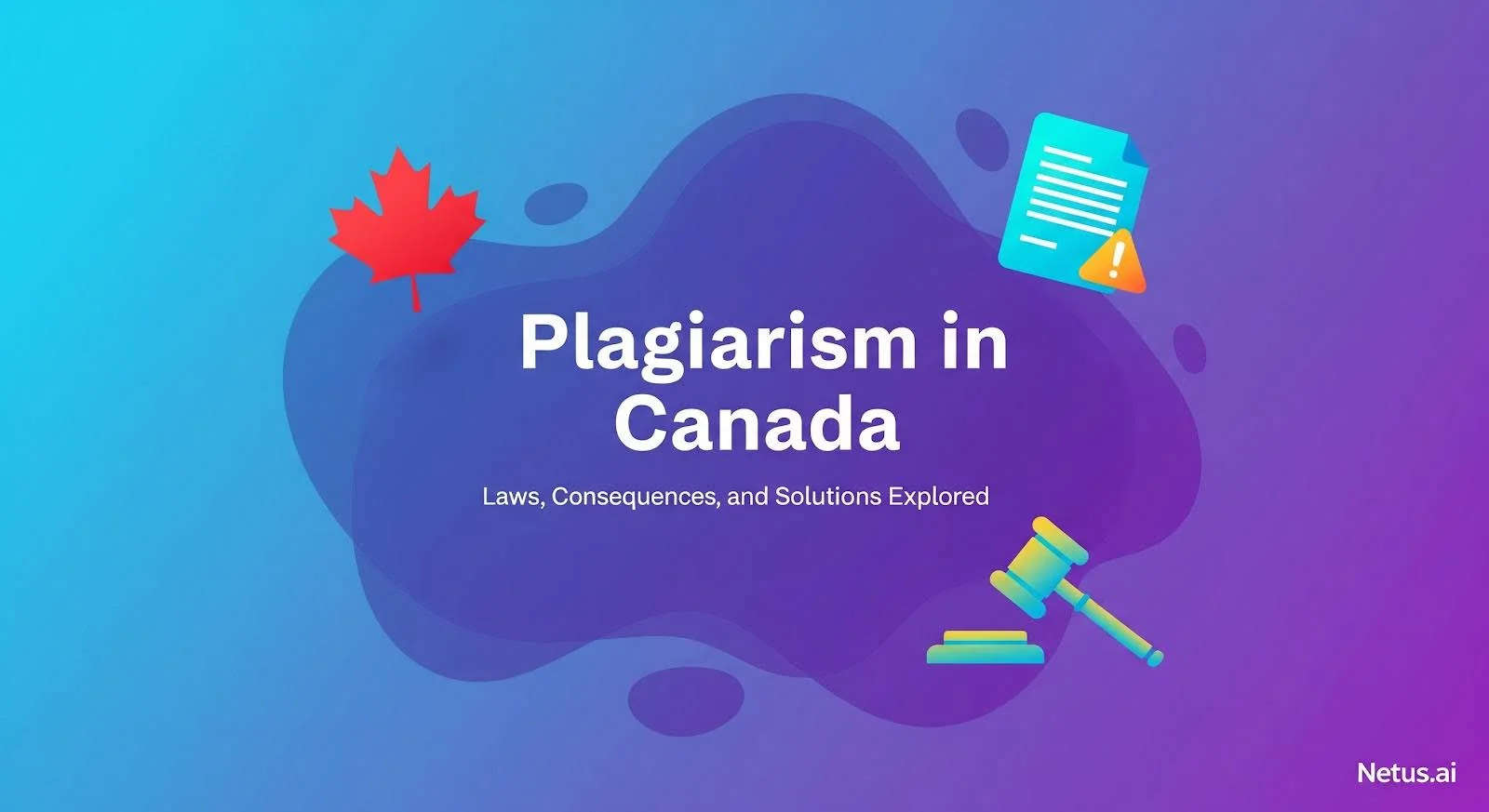Table of Contents
Your Guide to Copyright Laws in India. Copyright law serves as a means of protecting the rights of intellectual property owners, offering them exclusive control over the reproduction and distribution of their original creations. It ensures that only those authorized by the original creators have the right to reuse the work. It is essential to note that copyright laws protect the expression of ideas rather than the ideas themselves.
In India, the perspective on copyrights is similar to that of other nations, ensuring that creators have legal rights over their intellectual properties. The Indian judiciary has played an essential role in upholding these rights and addressing any instances of copyright infringement. Understanding copyright infringement and using copyright checkers can help individuals avoid unintentional legal violations.
Key Takeaways
- Copyright laws protect creators’ rights over intellectual property, allowing only authorized reproduction and distribution of works
- India’s perspective on copyrights is in line with international standards, providing legal protection to intellectual property owners
- Recognizing and avoiding copyright infringement is crucial to preventing legal complications
Indian Perspective on Copyrights
The Indian Copyright Act of 1957 provides protection for various types of creative works, ensuring financial and moral benefits for their creators. It covers original literary, musical, dramatic, cinematographic, artistic, and sound recording works, giving copyright owners exclusive rights.
Importantly, registration is not required in India to grant copyright. The copyright is automatically granted when the work is created and exists in tangible form. While the registration process is optional, it mainly serves as a formal record, not providing any additional privileges or rights to the registered work.
Difference between Plagiarism and Copyright Infringement
Plagiarism and copyright infringement are two distinct concepts, although both involve improperly using someone else’s work. Plagiarism refers to the act of using another person’s ideas or words without proper attribution. It is considered unethical and a violation of academic standards. In contrast, copyright infringement is an illegal act that involves unauthorized copying of copyrighted material.
While plagiarism is an ethical issue primarily affecting the original author, copyright infringement is a legal issue affecting the copyright holder. In academic publishing, copyright transfer agreements are commonly used to regulate the use of copyrighted material.
To prevent plagiarism, one should provide appropriate intellectual validation. On the other hand, copyright is focused on preserving the revenue streams for the copyright holders. The main differences between these two issues can be summarized in the following points:
- Plagiarism: ethical issue, affects the original author, resolved by providing proper attribution
- Copyright infringement: legal issue, affects the copyright holder, resolved by adhering to copyright transfer agreements
By understanding these distinctions, individuals can better navigate the complex world of intellectual property and academic publishing.
Response of the Indian Judiciary On Copyright Infringement
The Indian Judiciary has taken a firm stance in addressing copyright infringement cases. Having a clear understanding of Section 51 of the Copyright Act, the court holds liable those who permit communication, distribution, sale, or display of infringing work, except when done unknowingly or without reason to suspect infringement. As such, the judiciary’s approach ensures stringent enforcement of copyrights and offers protection to the rightful owners of artistic works.
Understanding Copyright Infringement
Copyright infringement occurs when an individual or entity reproduces, distributes, or uses a copyrighted work without the permission of the copyright holder. This unauthorized use violates the exclusive rights granted to the copyright holder for a specific period.
Infringement of copyright can happen through various means, such as:
- Direct copying without obtaining permission
- Issuing copies to the public
- Lending or renting the work
- Making the material available publicly
- Communicating the work to the public
In addition to primary infringement, secondary infringement occurs when someone imports, possesses, or reuses an infringing copy without the necessary authorization.
When a copyright owner discovers infringement, they have two courses of action: civil remedies and criminal complaints. Civil remedies may include:
- Seeking injunctions to prevent further infringement
- Obtaining infringing articles for the rightful owner
- Seizing copies of infringing materials
- Recovering losses and damages based on the infringer’s profits
For criminal complaints, Section 63 of the Copyright Act (1957) specifies that intentional infringement or incitement of copyright violation may result in imprisonment for a term of six months to three years and a fine of Rs. 50,000 to Rs. 2,00,000, depending on the severity of the case. Repeat offenders may face extended imprisonment terms and increased fines.
To avoid copyright infringement, individuals and organizations can obtain an IRRO reprographics license, which provides blanket coverage and minimizes potential expenses and risks associated with copyright violations. By adhering to copyright laws, people can respect the rights of creators and contribute to a fair and just intellectual property ecosystem.
How to Prevent Copyright Infringement?
To effectively avoid copyright infringement, consider adopting these strategies:
- Treat all works as copyrighted to stay cautious.
- Refrain from copying, sharing, or modifying without obtaining permission.
- Review and maintain licensing agreements for proper compliance.
- Create and implement an Intellectual Property policy when running a business.
- Consult with legal professionals for guidance and advice on copyright matters.
By following these guidelines, one can respect and uphold the rights of others’ creative works, striking a balance between fair use and infringement in various settings, such as research and education.
Importance of Copyright Checker
Utilizing a copyright checker enables individuals to thoroughly analyze their work for originality before publishing, thus mitigating the risk of plagiarism. Copyright checkers play a vital role in education by informing students about consequences of plagiarism and the importance of adhering to copyright regulations. Educators can help students understand these implications, effectively preparing them for both their academic careers and future professional endeavors.
Efficient copyright checkers, such as Copyleaks, provide convenience to users by quickly identifying plagiarized content and offering suggestions for improvement. They operate by:
- Pinpointing plagiarized words and sentences for rephrasing
- Generating similarity percentages and uniqueness rates
- Using AI and Machine Learning technology for accurate results
- Conducting extensive database searches to locate similar content
Moreover, these checkers evaluate paraphrasing efficacy by highlighting sections that closely match the original text and may require proper citation. This allows writers to correct potential issues proactively and maintain content integrity.
In summary, copyright checkers assist users in ensuring originality, navigating copyright rules, and fostering responsible content creation by addressing essential aspects such as information, access, application, and review.
Frequently Asked Questions
How do I register my work under the Indian Copyright Act, 1957?
To register your work under the Copyright Act, 1957 in India, you must prepare scanned copies of your work and your personal details, such as your name, address, and the work’s title. Familiarize yourself with the specific category that applies to your work, as different categories may have distinct requirements.
What are the types of works protected by Indian copyright law?
Indian copyright law protects various types of works, including literary, artistic, musical, cinematographic, sound recordings, software, and photographs.
How long does copyright protection last in India?
The duration of copyright protection in India varies depending on the type of work involved. For literary, musical, artistic, and photographic works, the copyright generally lasts for the lifetime of the author plus 60 years. In the case of cinematographic films, sound recordings, and software, protection lasts for 60 years from the date of publication.
Who owns the copyright in a collaborative work in India?
In India, when multiple authors create a work together, they become joint owners of the copyright. The rights are shared equally among all collaborators, unless a specific agreement states otherwise.
When is copyright infringement considered in India?
Copyright infringement in India occurs when someone uses or copies a copyrighted work without the permission of the rights holder. This can include unauthorized reproduction, distribution, public display, or adaptation of the work.
What limitations and exceptions exist within Indian copyright law?
Indian copyright law has certain limitations and exceptions that allow for the use of copyrighted material without permission. These include:
- Fair use or fair dealing for purposes such as criticism, review, news reporting, research, and education
- Non-commercial public performance of musical works
- Use of copyrighted works by educational institutions for teaching purposes
- Reproduction of copyrighted works for judicial proceedings or legislative inquiries.
Remember to consult a legal professional for specific advice tailored to your situation when dealing with copyright matters in India.


